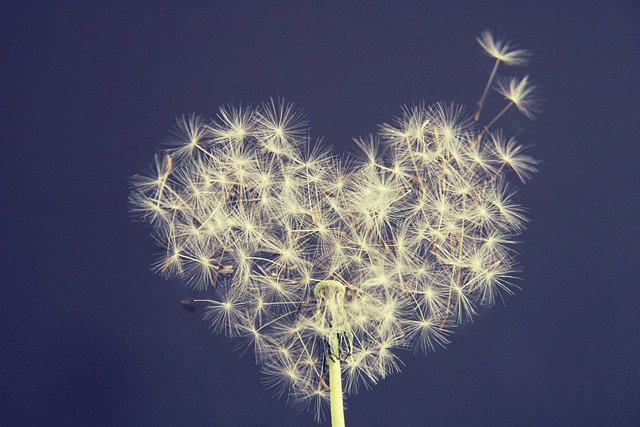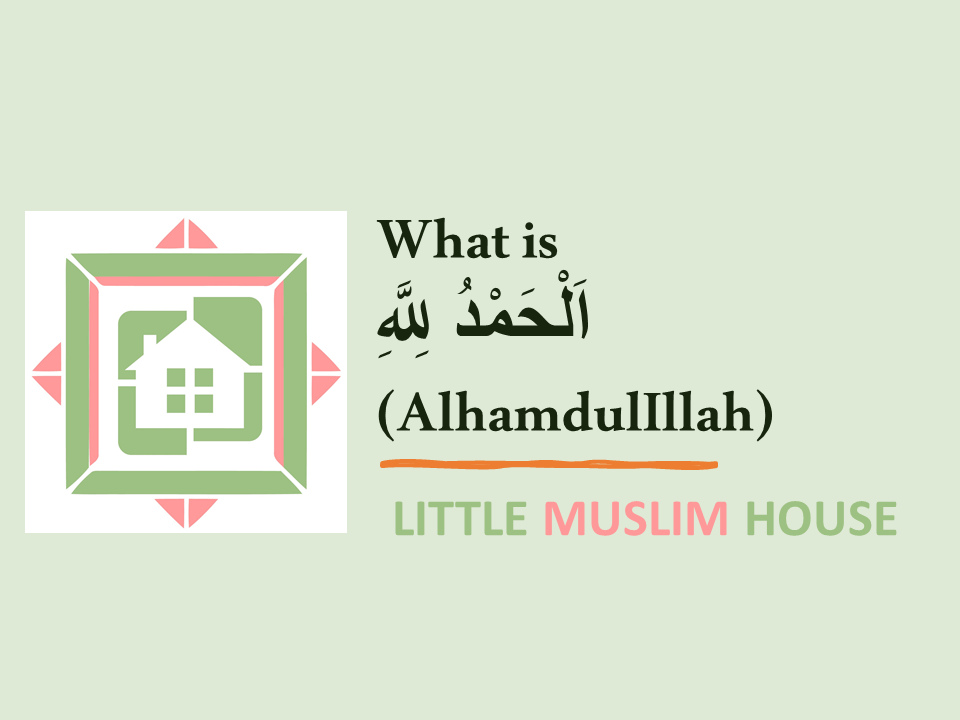JazakAllahu Khair is often used by Muslims in everyday language to express gratitude – in essence it is a replacement for ‘thank you’ (which in Arabic is ‘shukran’). So, what exactly does the term JazakAllahu Khair actually mean?
Meaning of JazakAllahu Khair
JazakAllah Khair جزاك الله خير means “May Allah reward you with good (or goodness)”
- Jazaka جزاك : reward you/compensate you
- Allahu ُالله : The God
- Khair خير : (with) good, goodness.
Contexts of use of JazakAllahu Khair
The following variations can be used depending on the context
- JazakAllahu Khair/Khairan – is the term that is rightfully used when addressing an individual male
- JazakiAllahu Khair/Khairan – should be used when the speaker is addressing an individual female
- JazaAllahu Khair/Khairan – when (implicitly) asking Allah to reward someone (an individual) in their absence or when not directly addressing them. This translates into “May Allah reward him/her with good”
- JazakumAllahu Khair/Khairan – when addressing a group of individuals directly
- JazahumAllahu Khair/Khairan – when (implicitly) asking Allah to reward more than one person. This translates into “May Allah reward them with good”
Common mistakes when using JazakAllahu Khair
Often people (usually non-Arab Muslims) mistakenly say “JazakAllah” جزاك اللهُ , which is literally translated to mean “May Allah reward you” or “May Allah compensate you”. Linguistically this is incomplete without the addition of “Khair” خير which is means “good”. Therefore, collectively, JazakAllahu Khair جزاك الله خير refers to “May Allah reward you with good” or “May Allah compensate you with good”. The use of “Khair” is important because linguistically it is correct to use “Jaza” with with something other than good. And so, when thanking someone the complete phrase “JazakAllahu Khair” should be used.
Why use the term JazakAllahu Khair?
Reciprocating, or giving something in return to a person who has helped you in any way is one of the most basic human etiquettes. The Prophet (SAW) himself has informed his followers that if one cannot or is unable to give something in return, then he should make du’a for that individual – which is indeed something that is much more valuable than any material gift. Hence, JazakAllahu Khair is the most apt du’a for a giver.
Prophet Muhammad (SAW) is reported to have said:
“Whoever does you a favor, then reciprocate, and if you cannot find anything with which to reciprocate, then pray for him until you think that you have reciprocated him.” [Narrated by Abu Dawood; classed as Sahih by al-Albaani]
It was narrated that the Messenger of Allah (SAW) also said: “Whoever has a favor done for him and says to the one who did it, ‘JazakAllahu Khairan,’ has done enough to thank him.” [At-Tirmidhi]
Upholding the ties of brotherhood and kinship are stressed upon in Islam time and time again. Through a simple expression used as a gesture of showing gratitude or thanking another, Islam further strengthens the bonds of brotherhood, AlhamdulIllah!
Allah, the Most High, says in the Holy Qur’an:
هَلْ جَزَاء الْإِحْسَانِ إِلَّا الْإِحْسَانُ
“Is there any reward for good other than good?”
JazakAllahu Khairan is a humble yet powerful du’a that you make for your brother/ sister in Islam. And, always remember that when you make du’a to Allah for another, the angels make the same du’a for you too, SubhanAllah! It is no doubt that any du’a that angels make in your name will surely be accepted, provided that it is good for you. The scholars often did this, if they needed something from Allah, in addition to asking Allah, they would also ask the same for someone else so that the angels made du’a for them.
Making a habit of using JazakAllahu Khair in our day-to-day conversation also helps us constantly keep ourselves in the remembrance of Almighty Allah.
The distinction between ‘Shukran’ and ‘JazakAllahu Khairan’ are clear; while the former simply thanks the giver, the latter invokes the blessings of the Almighty upon the giver in earnest du’a. Therefore, as Muslims, and as Sunnah clearly dictates it, JazakAllahu Khairan should be used as an alternative to ‘thank you’ or ‘shukran’. Also remember, in using this term, InShaaAllah you will also receive the reward of practicing a Sunnah, AlhamdulIllah!
Appropriate responses to JazakAllahu Khairan
There are a number of responses to JazakAllahu Khair/ Khairan. One of the most formal responses is “Wa Antum Fa JazakumUllahu Khairan” وَأَنْتُمْ فَجَزَاكُمُ ٱللَّٰهُ خَيْرًا which can be literally translated to mean “And to you (all) too, may Allah reward with goodness”.
However, the more commonly used and direct response is “Wa Iyyak” وَإِيَّاكَ which is translated to mean “And to you too”. Once again, “Wa Iyyak” is an expression used on males. In the case of responding to females, “Wa Iyyaki” should be used. When addressing more than one individual, the term “Wa Iyyakum” should be used.
Thus, as Muslims, we should ensure to maintain the practice of using the expression of JazakAllahu Khair/ Khairan in our lives instead of ‘shukran’ or ‘thank you’. It is after all an important Sunnah of our beloved Prophet Muhammad (PBUH).
Alternatives to JazakAllahu Khair
An alternative to JazakAllahu Khair could also be “BarakAllahu Feek” which can be translated to mean “May the blessings of Allah be upon you”. However, JazakAllahu Khair is more appropriate to use when thanking someone.
JazakumUllahu Khairan!





